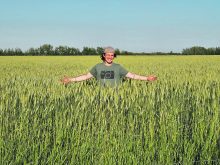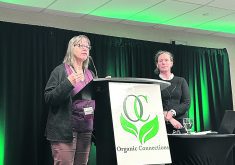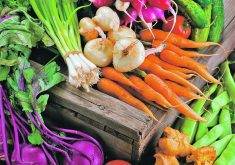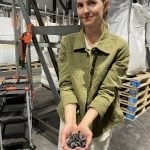An organic specialist in Manitoba plans to help farmers create organic production clubs in the province.
Manitoba’s organic community is small and many producers already know each other, but the clubs would be a forum to share knowledge and advance organic agriculture, said Laura Telford, Manitoba Agriculture’s business development specialist for organics.
The clubs are needed because organic relies on a different extension model than conventional farming, she said from Portage la Prairie.
“In the mainstream world, a lot of the extension comes from input suppliers … but in the organic world we don’t have a lot of inputs.”
Read Also
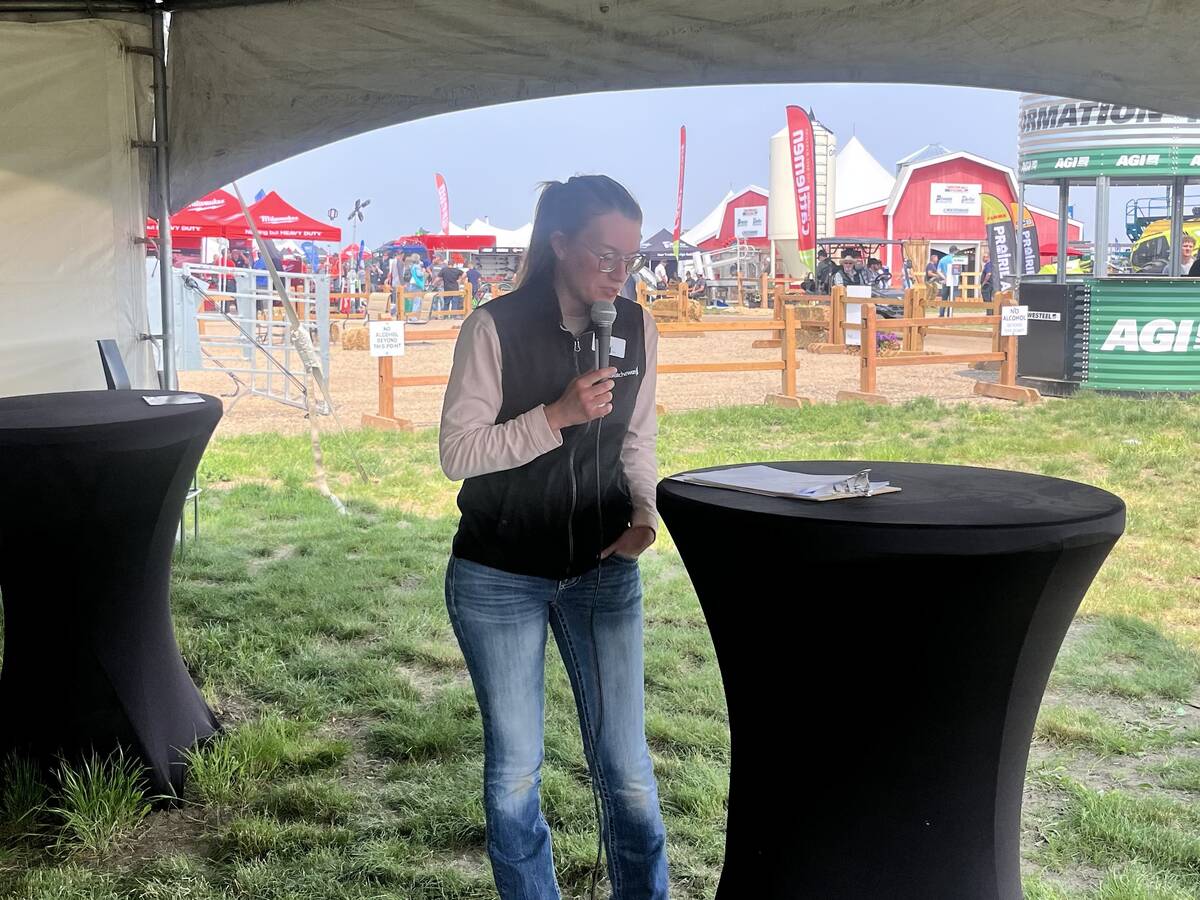
Ag in Motion speaker highlights need for biosecurity on cattle operations
Ag in Motion highlights need for biosecurity on cattle farms. Government of Saskatchewan provides checklist on what you can do to make your cattle operation more biosecure.
Provincial agents have historically been the principal source of agricultural information in Canada, but corporations now play a prominent role in ag extension, said Jodi Koberinski, Organic Council of Ontario executive director.
“Now the person educating the (conventional) farmer is coming from a seed company or a chemical company. They’re visiting them on the farm or meeting them at the farm shows.”
As a result, the Organic Council of Ontario has helped foster production clubs in the province, including dairy, beef, egg and grain.
Telford said the production clubs in Ontario and Quebec inspired her to consider similar clubs in Manitoba.
Telford sent a survey to 300 producers in Manitoba to determine if growers want the clubs and how they should be organized.
She hasn’t reviewed the survey yet but suspects the clubs will be organized by to region rather than by sector.
“From speaking with producers, they recognize that you can learn a lot across commodities and there are huge benefits to be gained, just by bringing farmers together,” she said.
“I think, at the beginning, we’re going to start with a couple of generic regional clubs that (cut) across all commodities.”
As an example of potential benefits, Manitoba lacks organic chicken production because the province doesn’t have a farmer who grows organic chicken feed.
Telford said a new business arrangement might result if a poultry producer and organic grain grower join the same club.
Producers sharing knowledge over coffee may be constructive, but she said talking within a circle does have limitations.
“You also need to bring experts into the mix at some point because producers don’t know everything. There can be a danger that they’re transferring bad knowledge to each other.”
Telford hopes the clubs come together quickly and expects to host an initial meeting in the near future.
The clubs are expected to be free at first, but the provincial government would likely pay half the costs if clubs wanted to host expert speakers in the future, she added.







